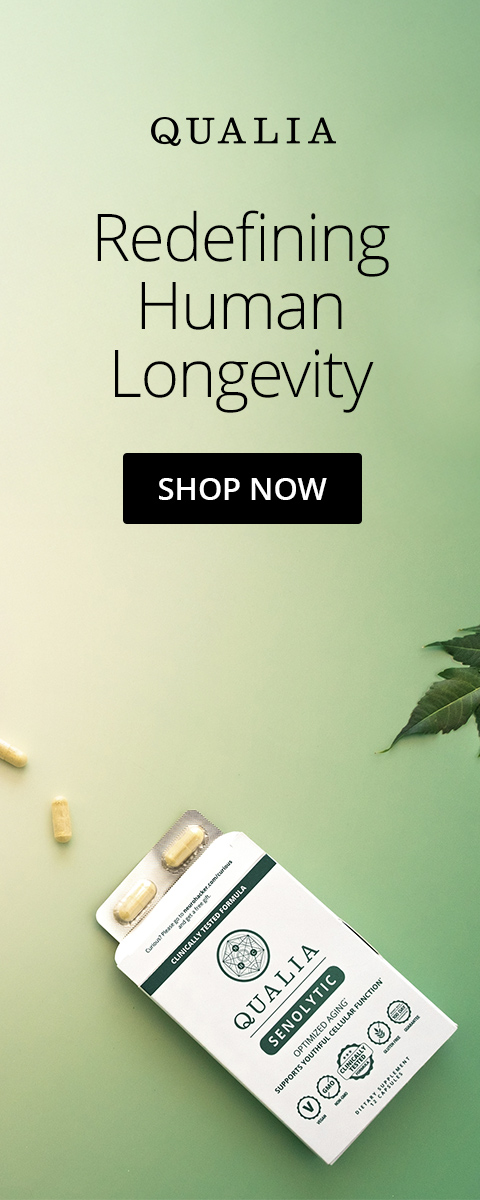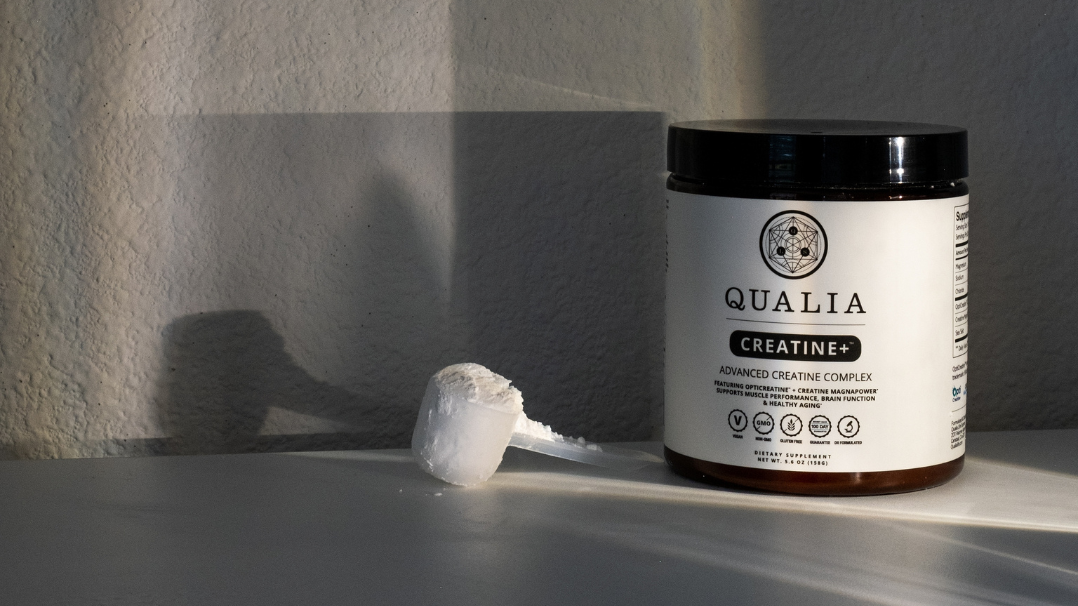Expressing gratitude as a technique to boost mental health and interpersonal relationships is not a New Age fad; it’s a facet of the human condition that reaps measurable benefits to those who practice it. Long before the mindfulness movement of our modern era, gratitude was significant in ancient philosophies and cultures. Cicero, for example, cited gratitude as the mother of all virtues. And the Roman Stoic Seneca, conceived of gratitude as a fundamental motivational drive and an intrinsic component of the human experience.
Knowledge of how the brain responds to an experience of gratitude provides a window into gratitude’s relationship to both mental health and resilience. This is the brain on gratitude.
Gratitude Boosts Dopamine Production and Neuromodulation
When gratitude is experienced, the brain releases a surge of dopamine, the neurotransmitter most commonly recognized for its role in reward, motivation, and pleasure. Dopamine also plays a crucial part in modulating focus, motivation, cognitive flexibility, and emotional resilience.
And the cognitive benefits of gratitude continue past an isolated event. This study highlights how a gratitude writing intervention was associated with significantly greater and lasting neural sensitivity to gratitude. The subjects who participated in gratitude letter writing showed both behavioral increases in gratitude and significantly greater neural modulation by gratitude in the medial prefrontal cortex three months later.
Expressing Gratitude and the Medial Prefrontal Cortex
The prefrontal cortex is the region of the brain associated with attention planning, higher-order processing, and organization. It's what makes us human and separates us from other species. And expressing gratitude has a profound effect on this region of the brain.
In one study, fMRI scans were performed with two groups; the first were directed to think of a recent time they felt really grateful and replay it in their mind, while the second group spoke their gratitude aloud as though it was being recorded to be shared with the person they expressed it to. The scans showed an increase of activity in the medial prefrontal cortex area of the brain when subjects expressed gratitude that was different from the brain activity seen when the subjects were feeling grateful but didn’t express it.
Gratitude Activates the Hypothalamus, Contributing to Optimized Sleep
Looking to improve your sleep? The answer may lie in cultivating a grateful spirit. The University of Manchester in England explored the gratitude-sleep connection. Their study included over 400 adults of all ages - 40% with sleep disorders - who completed questionnaires regarding gratitude, sleep, and pre-sleep thoughts. Gratitude was related to having more positive thoughts, and fewer negative ones, at bedtime. This, in turn, was associated with dozing off faster and sleeping longer and better.*
The research is not limited to one study. The Journal of Psychosomatic Research established that gratitude practices predicted greater subjective sleep quality and sleep duration, and less sleep latency and improved daytime performance. Check the specifics here.
Gratitude Alters the Brain’s “Altruism” and Reward System Regions
Some scientists suggest that gratitude evolved as a mechanism to drive reciprocal altruism, thereby turning strangers into friends and allies who are more likely to help one another. Modern research supports this idea.
A recent study found that practicing gratitude activates the ventromedial prefrontal cortex (VMPFC)—associated with what the researchers describe as neural pure altruism, which basically means your brain craves the experience of giving.
In the study, two groups of participants were asked to write in a journal every day for three weeks. The first group was given general prompts unrelated to gratitude, while the second group was prompted to write about experiences of gratitude and things they felt thankful for. When the fMRI scans of both groups were compared, the results showed that the group that had focused on gratitude had greater activation of the VMPFC and neural pure altruism.
The researchers concluded “gratitude biases the brain’s reward system toward rewards for others versus oneself.”
Gratitude Begets Gratitude
Hebb’s Law says that “neurons that fire together wire together.” This law can also be applied to cultivating a grateful spirit. Research shows the more you practice gratitude, the more you strengthen the brain’s neural circuits for gratitude, making it easier to focus on feelings of gratitude.
Here are four gratitude practices to help you get started:
- Keep a gratitude journal. Combining the act of journaling with gratitude has powerful psychological benefits. Keeping a gratitude journal doesn’t need to be complicated. The simple act of having a small book on your bedside table and writing three things you were grateful for each day works wonders.
- Meditate. Though meditation might not seem like a typical gratitude practice, being grateful requires awareness and presence. Mindfulness meditation teaches you to focus on the present moment non-judgmentally. During meditation, you are often asked to pay attention to your breath, however, for this exercise try to focus on what you feel grateful for (the time to meditate, a pleasant sound, the warmth of the sun on your face etc.).
- Write a gratitude letter or text. Take a moment and write a letter, email, or text to your spouse, partner, friend or coworker, telling them something you appreciate about them. The benefits are mutually beneficial.
- Try a gratitude jar. Place a jar in a place where you’ll see it everyday. On a regular basis (daily or weekly) take a piece of paper and write: “I’m thankful for ______ today because ______.” Drop the notes into the jar and when you’re feeling low read a note as a gentle reminder to count your blessings.
Given the benefits of gratitude for your brain and health, it’s well worth taking the time to focus on cultivating this emotion and trait in your life.* Gratitude gives us the charge of our own lives. Robin Sharma once said “Gratitude drives happiness. Happiness boosts productivity. Productivity reveals mastery. And mastery inspires the world”. We’re inclined to agree.
Feed Your Brain With Qualia Mind
Qualia Mind supports your body’s own ability to uphold healthy production of key neurotransmitters, support BDNF (Brain-Derived Neurotrophic Factor), and other pathways that are critical for optimal brain function. When you give your brain extra support to perform at its best, magic happens. Learn more about why Qualia Mind is the world’s most advanced cognitive support supplement. Use code mind and take 15% off when you shop Qualia.*
*These statements have not been evaluated by the Food and Drug Administration. This product is not intended to diagnose, treat, cure, or prevent any disease.










Maritha Koortzen